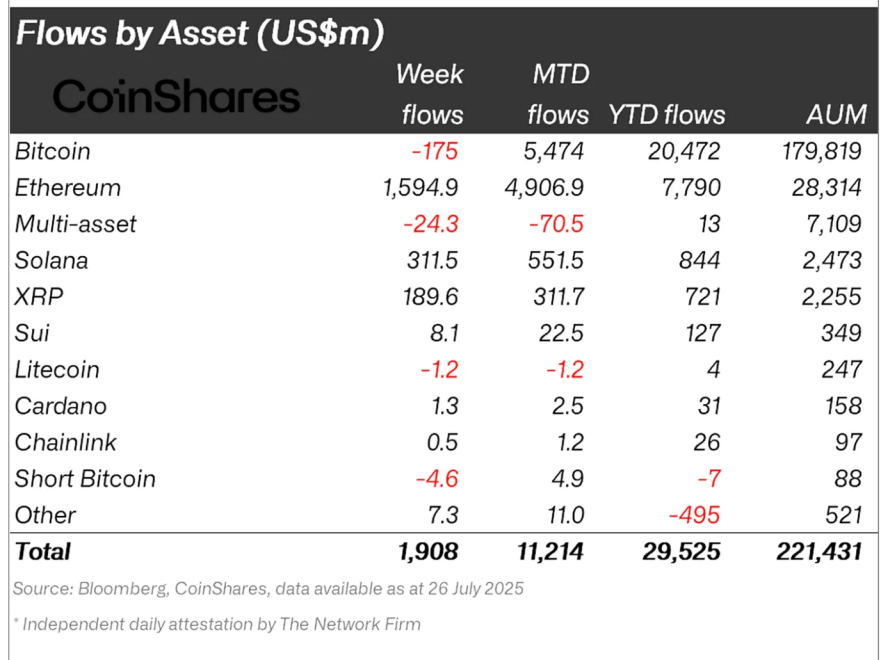Decentralized networks are hard. Their mission goes far beyond optimizing payment systems or increasing transaction speed — they're built to challenge the fundamental structures of banking and governance. Where most projects chase high throughput at the cost of centralization, networks like Ethereum take a harder path: prioritizing censorship resistance and economic resilience over convenience.
To take the Ethereum example further: its scaling roadmap isn’t focused on maximizing raw throughput at any cost. Instead, it’s built around innovations like rollups and EIP-4844, which have already slashed fees by 100x, while keeping decentralization front and center (source: https://l2fees.info, https://l2beat.com/scaling/summary). This approach sets it apart from high-throughput chains that prioritize speed over security, often compromising their core principles.
The broader digital asset economy reflects this commitment to decentralization. Over two-thirds of the total value locked (TVL) in DeFi sits on Ethereum and its Layer 2 solutions (source: https://defillama.com/chains). It’s the core of the DeFi ecosystem, attracting the bulk of development and liquidity. But it’s not alone — other decentralized projects like Cosmos are employing their own strategies for achieving scaling without sacrificing the decentralization ethos of crypto.
Security is where the difference becomes most apparent. The cost to attack decentralized networks like Ethereum is astronomical — over $34 billion to execute a 51% attack, far exceeding the cost for more centralized competitors (source: https://unchainedcrypto.com/51-attacks-on-bitcoin-and-ethereum-impossible-coinmetrics/). This quantifies the benefits of building a truly decentralized, censorship-resistant network.
This is what separates decentralized networks from their high-throughput counterparts. They aren’t designed to be just another financial tool — they’re built to embody the principles of economic liberty and individual sovereignty. The question isn’t whether they can handle more transactions per second; it’s whether they can stay true to their mission as they scale, resisting the centralizing forces that have captured traditional financial systems.
Whether decentralized networks like Ethereum remain niche experiments or become the backbone of a new world order depends on their ability to execute on their mission of providing decentralization at scale. But one thing is clear: they’re built differently. They’re not here to recreate old systems with new tech—they’re here to redefine what’s possible, aiming for a digital, censorship-resistant economy that puts power back in the hands of individuals.
[link] [comments]

You can get bonuses upto $100 FREE BONUS when you:
💰 Install these recommended apps:
💲 SocialGood - 100% Crypto Back on Everyday Shopping
💲 xPortal - The DeFi For The Next Billion
💲 CryptoTab Browser - Lightweight, fast, and ready to mine!
💰 Register on these recommended exchanges:
🟡 Binance🟡 Bitfinex🟡 Bitmart🟡 Bittrex🟡 Bitget
🟡 CoinEx🟡 Crypto.com🟡 Gate.io🟡 Huobi🟡 Kucoin.







Comments